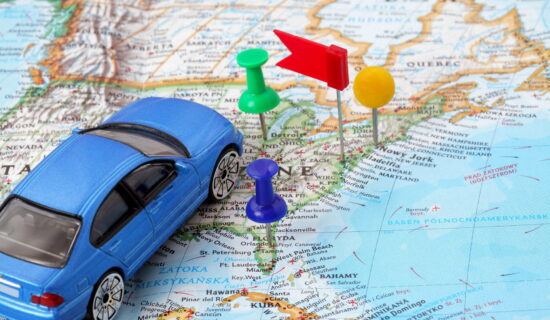Make a Checklist for Your Cross-Country Move
If possible, it is good to start with creating a file on your computer to store all the guidelines, receipts and records pertaining to your long-distance move. You can start doing that as early as a couple of months in advance. Also, this is the time to schedule in-home estimates with the company. You also need to measure your furniture and check to see if it will go through doorways, stairways, and elevators both at your current and future location. That way, you can plan which belongings have to stay behind.
If you are a working person, you need to inform your superior about your relocation and request a day off for moving. If you have little children and do not have somebody to look after them, hire a babysitter for the moving period. Keep in mind that you will not be able to watch them and do the packing at the same time. The same goes for pets. If a friend cannot watch them for free, arrange for doggy daycare.







